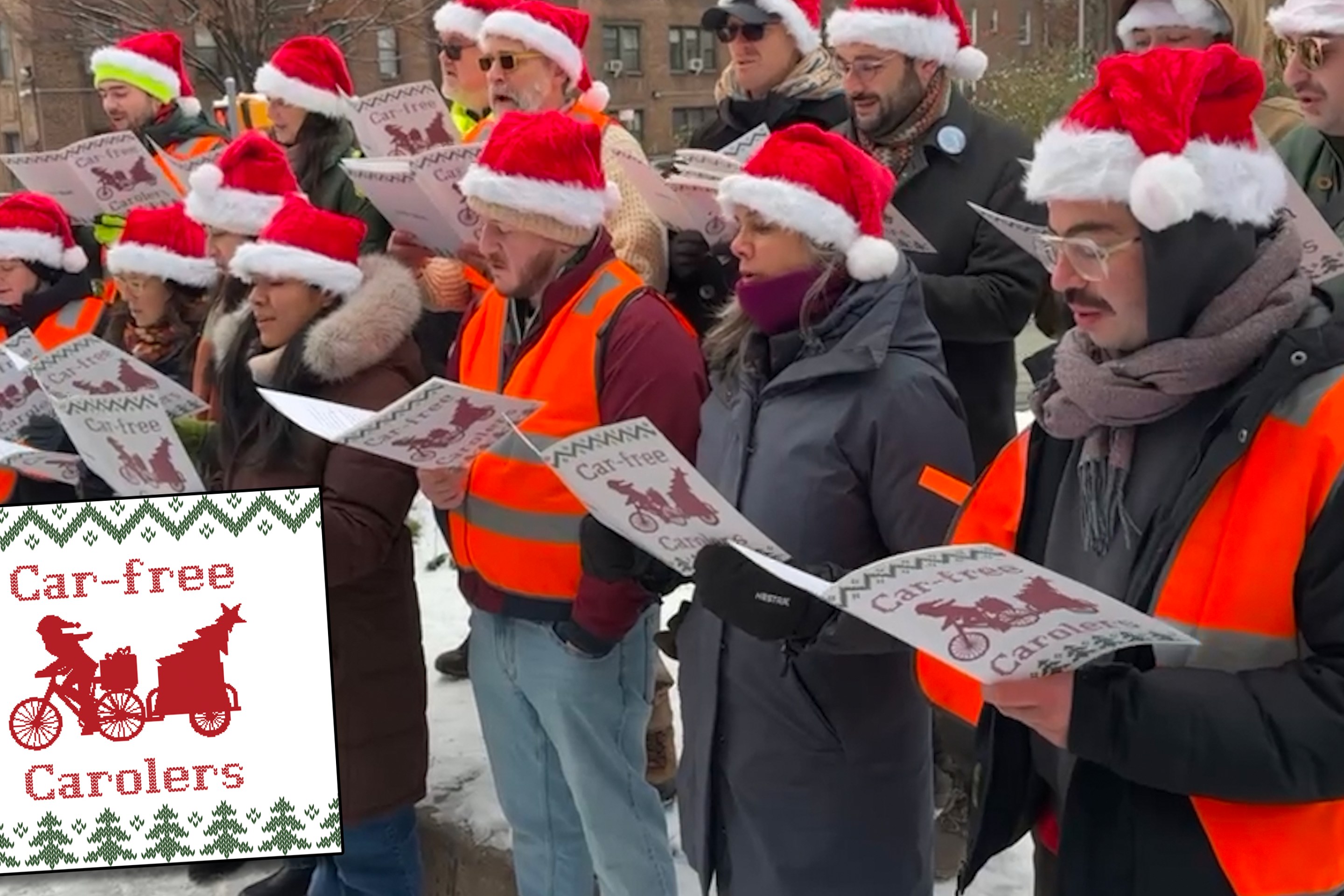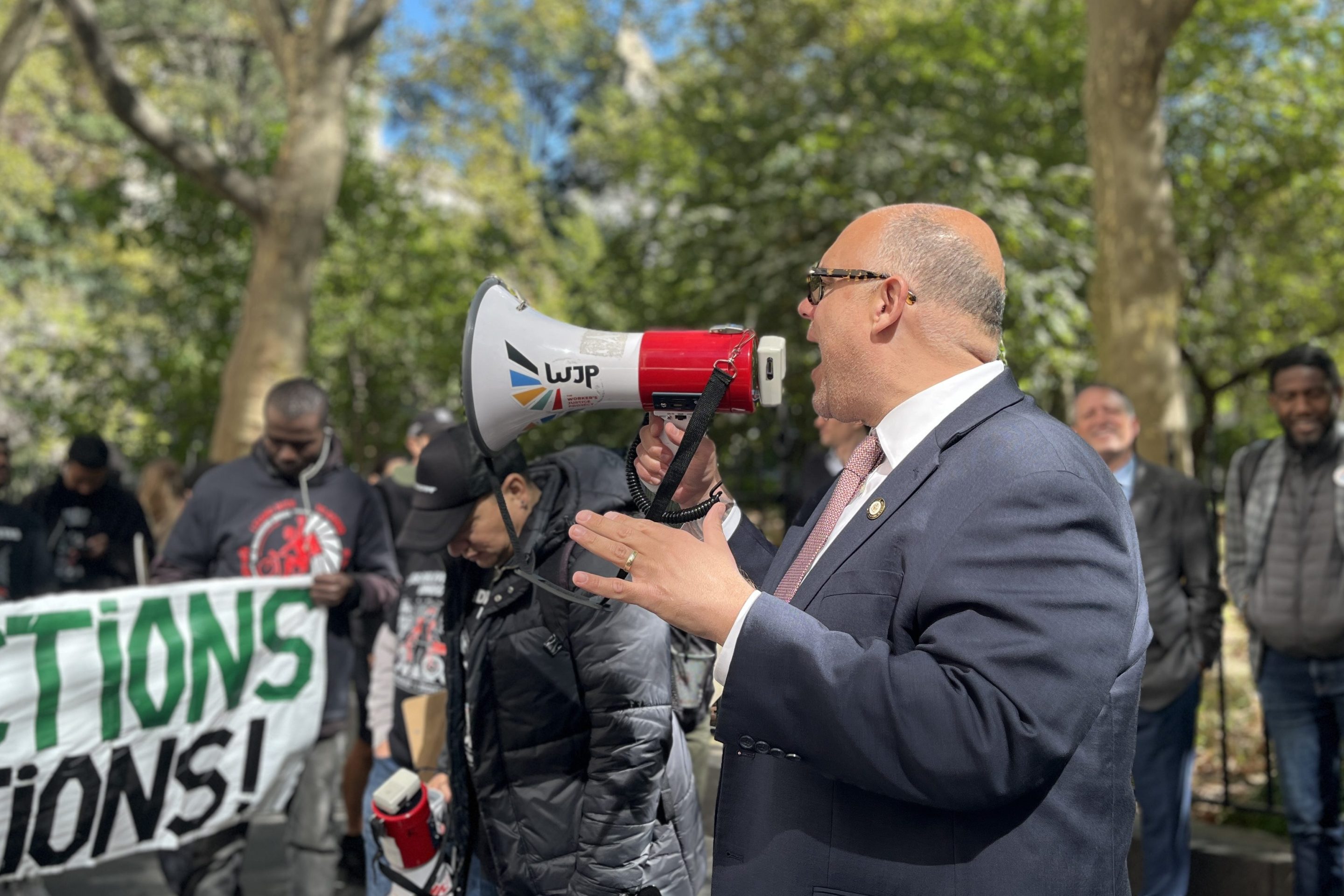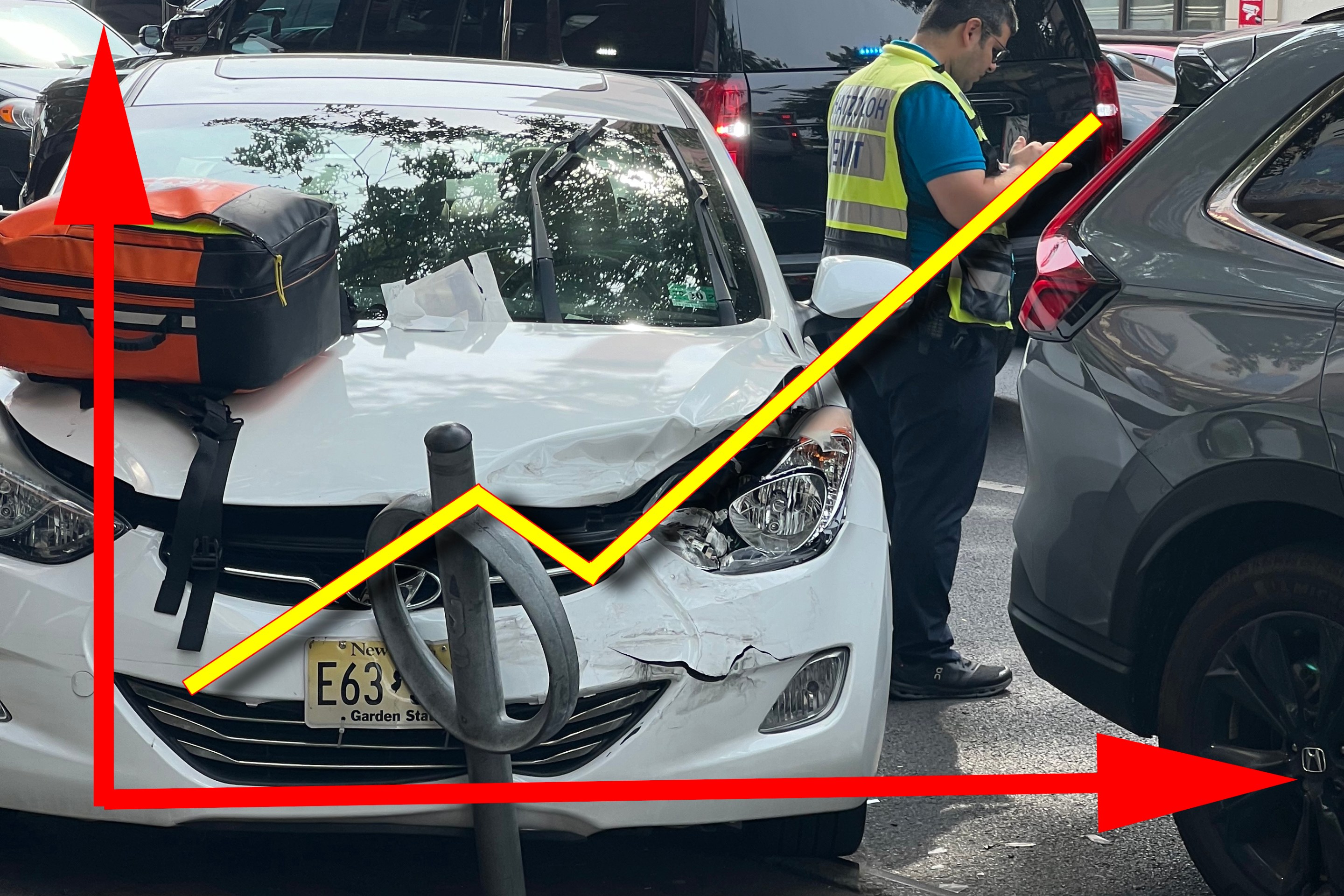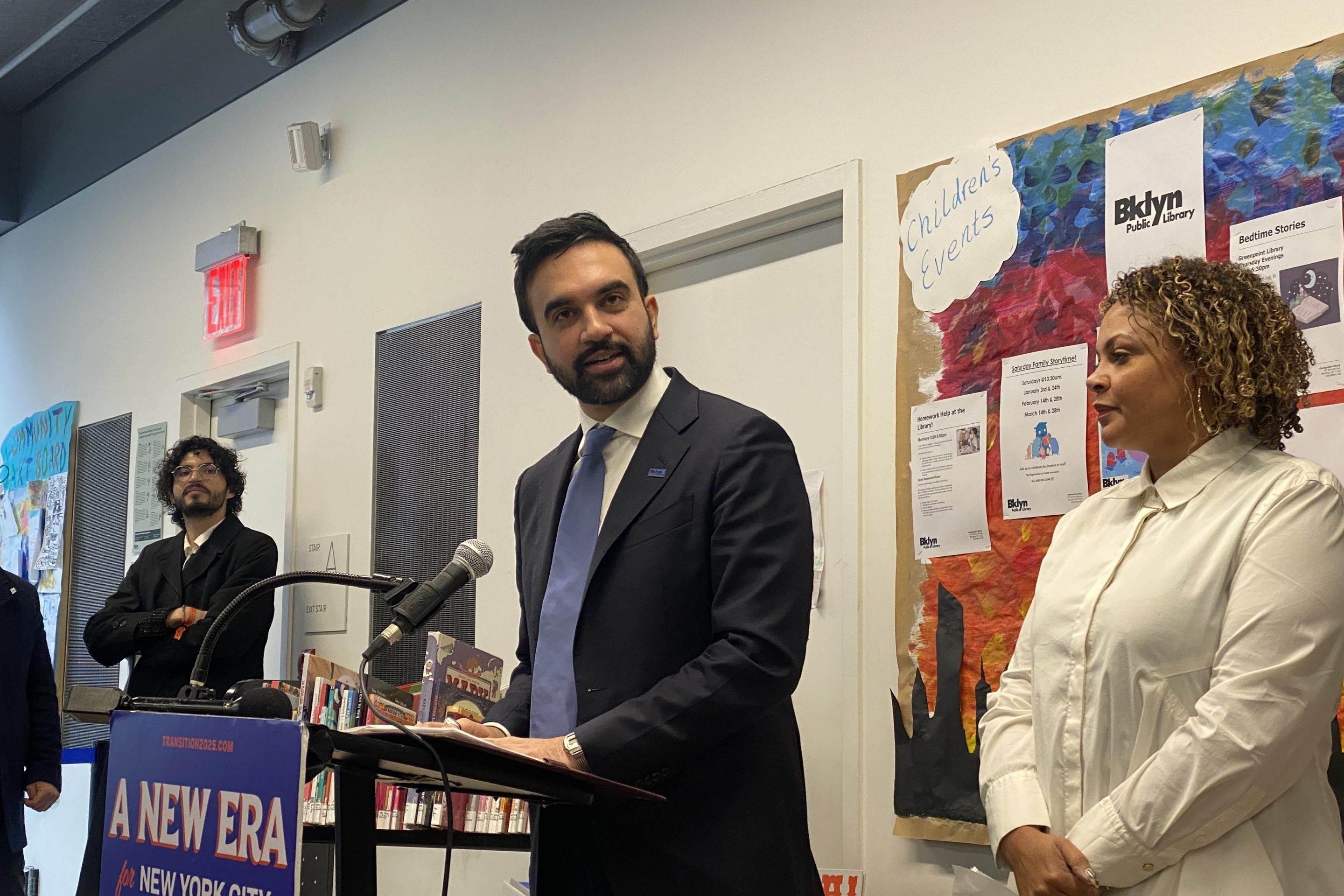
With the threat of future raids on the MTA's dedicated funds looming on the horizon, I spoke with Fiscal Policy Institute executive director Frank Mauro to continue our investigation of how to keep transit funding secure.
Mauro agreed with Gene Russianoff of the Straphangers Campaign that there's no good way to systematically prevent sweeps of dedicated funds. Then he went a step further, arguing that there shouldn't be any such mechanism. Instead, Mauro advised transit advocates to keep their eyes on Cuomo's proposal for a state spending cap [PDF], which he said could lock in budget cuts over the long-run.
"One legislature can't bind a future legislature in a democracy," said Mauro. If the state wanted to dedicate all of a particular revenue stream to one purpose, but now wants some of that revenue stream to be spent elsewhere, it has that power. For transit advocates worried about budget raids weakening the MTA and exacting a toll on straphangers, Mauro said the only solution is to organize and raise the political cost of those raids. "There just has to be a greater sense that the transit system is essential to the functioning of the economy."
Moreover, Mauro argued that a general policy against budget sweeps would be misguided. Rather than force the state to concentrate all budget cuts on those programs that were traditionally funded through general revenue rather than dedicated streams, Mauro said it's preferable to make spending decisions based on the merits of the programs and on public preferences. "It's a democracy. There's competing priorities and government officials and advocates have to make the case for the services that are essential to the economy and quality of life."
He pointed to the example of a registration fee that was levied on snowmobiles, the proceeds of which were intended to build snowmobile trails. Like so many revenue streams, that fund has been swept too, enraging snowmobilers across New York State. "People see different things as important," argued Mauro.
If transit advocates are looking for structural ways to help boost transit funding, Mauro has a different suggestion. Cuomo campaigned on a state spending cap, which Mauro said would lock the MTA's recession-battered budget into place. "The percentage cap is from where you are now, from a period of retrenchment," he explained.
Mauro suggested that if Cuomo's spending cap proposal gains steam, transit advocates should fight for an exemption from the cap. That wouldn't just be a sweetheart carveout for a favored program, he said, but consistent with Cuomo's thinking.
"The logic [behind the spending cap] is that we spend more per capita than other states," he said. That logic, he argued, doesn't apply when it comes to transit "because transit reduces expenditures you have to make as an individual." Even if New York spends more than other states on transportation, that cost is more than made up for with the private savings that come from not owning a car. For example, in the New York metropolitan region, the average household spends $8,500 a year on transportation while in the more car-dependent and slightly lower-income Houston metro area, transportation costs add up to $10,800, according to the Bureau of Labor Statistics.
In the short term, said Mauro, transit advocates should try and convince Albany that cutting transit would be more harmful than finding savings elsewhere in the budget. But for those thinking about a healthy transit system in the long run, he thinks the spending cap is the major threat to be concerned about.





